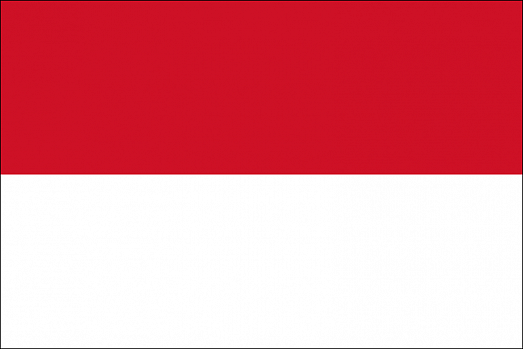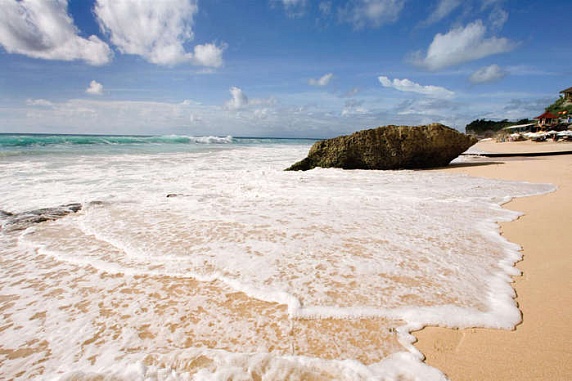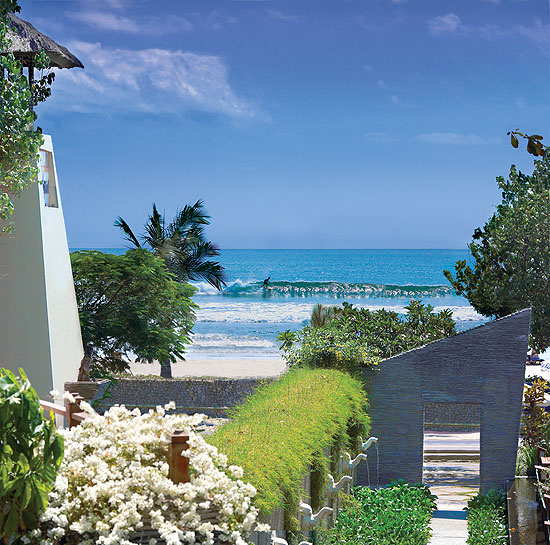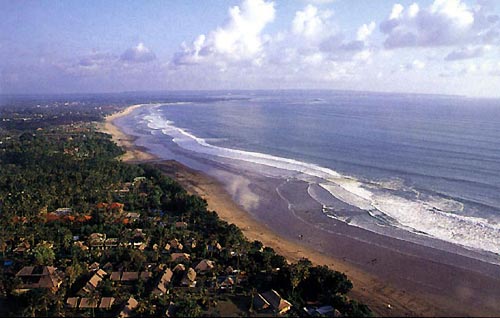 Республика Индонезия
Республика Индонезия
Russian Ambassador to Indonesia Lyudmila Vorobyova’s interview with International Information Agency Rossiya Segodnya, July 17, 2020
Question: What, in your view, is the current stage in Russia-Indonesia relations characterised with? How close are the two countries to a strategic partnership?
Lyudmila Vorobyova: Earlier on this year, we marked the 70th anniversary of diplomatic relations between Russia and Indonesia. We have approached this milestone with a lot of achievements to our credit. President Vladimir Putin and President Joko Widodo had numerous meetings, specifically in Sochi in 2016 and in Singapore in 2018. On April 13 of this year, the two leaders held a telephone conversation focused on how to fight the COVID-19 pandemic. The political dialogue is developing actively at all levels, as is cooperation in such fields as security, antiterrorism, international information security, military-technical cooperation, education and culture. We have also established close collaboration internationally. On the whole, we can say that Russian-Indonesian relations are currently growing. I am confident that in the future our joint efforts will be likewise aimed at strengthening the mutually beneficial ties between Russia and Indonesia for the good of our two nations and in the interests of promoting peace and stability in the Asia Pacific region and globally.
Our accumulated bilateral potential, our trust-based relations and closeness of views on processes in the world are factors that create a strong basis for a strategic partnership. Regrettably, COVID-19 has somewhat postponed the signing of a relevant declaration by the presidents of Russia and Indonesia. However, I have no doubt that this event will take place at the earliest possible opportunity.
Question: Indonesia is one of the main trade partners for Russia in Southeast Asia. What trade and economic cooperation sectors have achieved the greatest success? What are the priority development sectors?
Lyudmila Vorobyova: In 2019, Russian-Indonesian trade topped $2 billion. This is not enough, of course, given the two countries’ considerable resources and an interest in expanding cooperation. The Russian-Indonesian Joint Commission for Trade, Economic and Technological Cooperation co-chaired by Minister of Trade and Industry Denis Manturov of Russia and Coordinating Minister for Economic Affairs Airlangga Hartarto of Indonesia, as well as its several working groups are exploring promising spheres of collaboration.
A number of joint investment projects are being implemented in Indonesia. Notably, Rosneft is building an oil refinery in East Java. There are good opportunities for cooperation in the context of President Widodo’s plans to relocate the national capital city to East Kalimantan.
Apart from this, energy, aircraft-making, shipbuilding, industrial cooperation, hi-tech and some others sectors are also promising cooperation fields.
Question: Russia-Indonesia military-technical cooperation is many decades old. What is the state of relations in this field today?
Lyudmila Vorobyova: A high level of mutual trust creates a favourable atmosphere for progress of collaboration in the military and military-technical sphere. Indonesian Defence Minister Prabowo Subianto has paid two visits to Russia since the start of 2020. In June, at the invitation of Russian Defence Minister Sergey Shoigu, he attended the military parade on Red Square dedicated to the 75th anniversary of Victory in the Great Patriotic War. There are regular meetings of top military command personnel; Russian military participate in multilateral exercises in Indonesia.
In October 2019, the sides drafted a plan of Russian-Indonesian military cooperation for 2020, which provides for calls by Russian naval ships at Indonesian ports, staff exercises, talks between representatives of armed forces services, and other things. We hope that it will be implemented despite the pandemic.
Russian arms and military equipment supplies remain an important component of bilateral defence collaboration. As is common knowledge, Indonesia signed a purchase contract, in 2018, for 11 multi-role Sukhoi Su-35 fighter jets. Talks on the contract are still in progress.
The generally good quality of Russian equipment and its competitive price tag motivate high interest in it on the part of Indonesian partners. In this connection, Russia is still one of the principal suppliers of weapons to Indonesia.
Question: Bilateral cultural contacts existed long before the establishment of diplomatic relations. How is our cooperation in the field of cultural exchanges, education and sports developing today?
Lyudmila Vorobyova: I am particularly pleased to note the progress made in humanitarian ties. In October 2018, the Rossiya airline established a direct air link, Moscow-Denpasar-Moscow, between Russia and Indonesia, something that doubled the number of Russian tourists visiting Indonesia to 160,000 in 2019.
Cultural exchanges are being intensified as well. For example, the National Gallery in Jakarta marked the 70th anniversary of diplomatic relations by holding a Russian exhibition of paintings titled “The Necklace of Equator,” which was visited by 5,000 people. In turn, Moscow hosts the annual Festival of Indonesia that people in Moscow and visitors are invariably keen to attend.
There is much potential in the education sphere. The Government of the Russian Federation provides over 160 student grants for Indonesians to study at Russian universities, but the number of those eager to enroll is far in excess of this quota. As of today, Russian universities have more than 600 Indonesian students.
I am glad that increasingly more Indonesians show an interest and are paying attention to Russia, its history and culture, they also visit this country, familiarise themselves with its customs and traditions, and form an opinion of their own about it.
Question: How are Russian citizens and Russian compatriots living in Indonesia coping with challenges created by COVID-19 and the restrictions imposed on account of the pandemic?
Lyudmila Vorobyova: The Indonesian authorities took measures to prevent the disease from spreading in the country as soon as the first patients were recorded in Jakarta in March. Various restrictions were introduced stage by stage, including on the public transit system.
There were almost 6,000 Russians, many with expired visas, in Indonesia, primarily on Bali, when Russia suspended all international air flights. Thanks to the Embassy’s efforts, the local immigration services reached out to the Russians, who got stuck in the country, cancelling fines for their visa violations. During these months, Russian airlines performed 14 evacuation flights that brought most of them home. Many hard-pressed tourists received financial aid. Luckily, none of the Russians in Indonesia contracted coronavirus.











